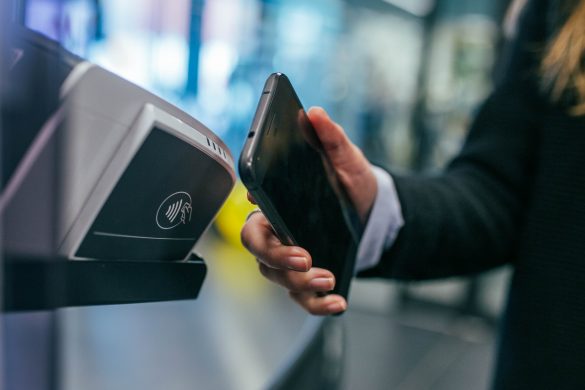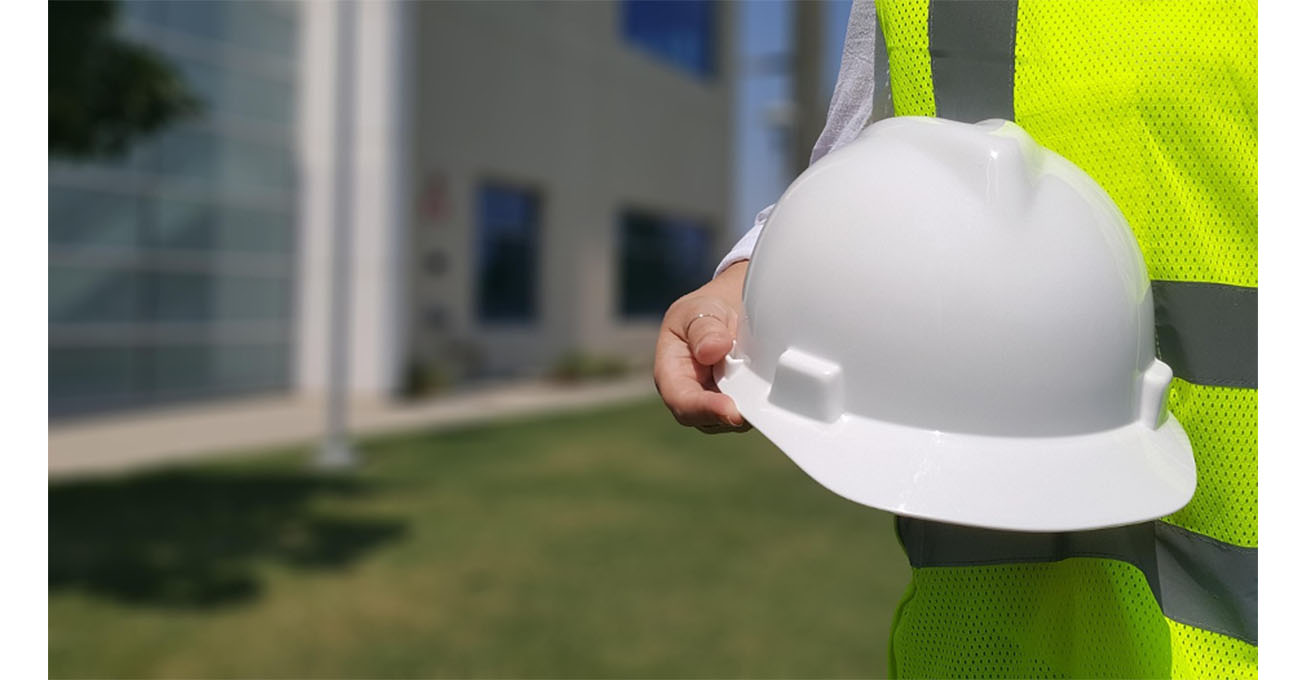
Photo Credit: Unsplash
During the onset of the pandemic, social distancing and lockdowns were implemented across the country. And last year, the BBC reported that despite the dwindling number of cases at the time, many of the public were continuing to wear masks to ensure that they did not contract the Covid-19 virus.
This is still the case for a lot of people, despite restrictions being lifted. And this also relates to how business operations have had to adapt to this new normal as well. Alongside general day-to-day precautions, another practice that has gained popularity is the use of contactless technologies. Now, contactless tech appears to be here to stay, representing how the world is returning to normal, and how the pandemic will have a lasting effect on some of the ways in which businesses operate.
So with that in mind, here are just a few of the ways companies can (and will) continue to integrate contactless tech into their businesses:
Adopting remote work
Because of social distancing restrictions, numerous organisations had to change how they operated –– with many ultimately adopting remote work. While our past article titled ‘What Are the Biggest Remote Work Challenges for Employees?’ highlighted some of the difficulties that workers experienced during the pandemic, a lot of people have found working from home easier and more convenient. Although most offices have since reopened, it is clear that there are lots of employees who prefer remote working arrangements. As a direct result, some businesses will continue to integrate remote options moving forward, lessening physical contact between employees.
Using digital tools for contact
To help in making remote work possible, more digital programs and tools are also being used in the workplace now –– from video conferencing software to cloud computing –– in order to make communication and data more accessible regardless of the location. Alongside the high profile tools such as Slack and Zoom, we have also seen the emergence digital business cards, which have simplified in-person meetings. As the cards at Doorway showcase, companies can edit information in real time, while employees who receive the cards can store them on their phones, eliminating the possibility of losing the cards (and eliminating paper waste). The increased use of digital tools like these will clearly continue to normalise contactless operations well after the pandemic ends.
Increased virtual teleconsultations in healthcare
Due to the risks of Covid-19 at its peak, we also saw a sharp rise in the use of virtual healthcare providers such as eConsult. Even with conditions improving on a daily basis, the demand for telemedicine continues to increase because people now feel they no longer need to stay in waiting rooms for hours on end to meet with nurses or physicians. Consultations can be done on a patient’s own time and at their own convenience, making remote care the best option in most cases. This form of contactless appointment is changing the healthcare system in lots of positive ways, and making it more people-focused than ever before.
Added payment methods
For those working in retail, one of the biggest ways in which contactless operations have found their way into business operations is through payment methods. Although we are already edging towards a cashless society, Covid-19 almost eradicated the need for cash as more people started to pay with credit cards or electronic wallets such as Apple Pay.
These options reduced the chances of contracting the virus through contact. This appealed to lots of consumers, and in response stores have started to integrate different payment methods at their locations. This includes adding more credit card terminals and installing tap-to-pay systems –– making transactions quick, easy, and convenient for customers and employees alike.
Contactless practices are clearly here to stay beyond the last days of the pandemic. Integrating new technology into operations helped to keep us safe during the worst of the pandemic, but the adjustments have also future-proofed businesses and made numerous operations more convenient for all involved.
For more business news and updates, check out the latest posts here at UK News Group today.






